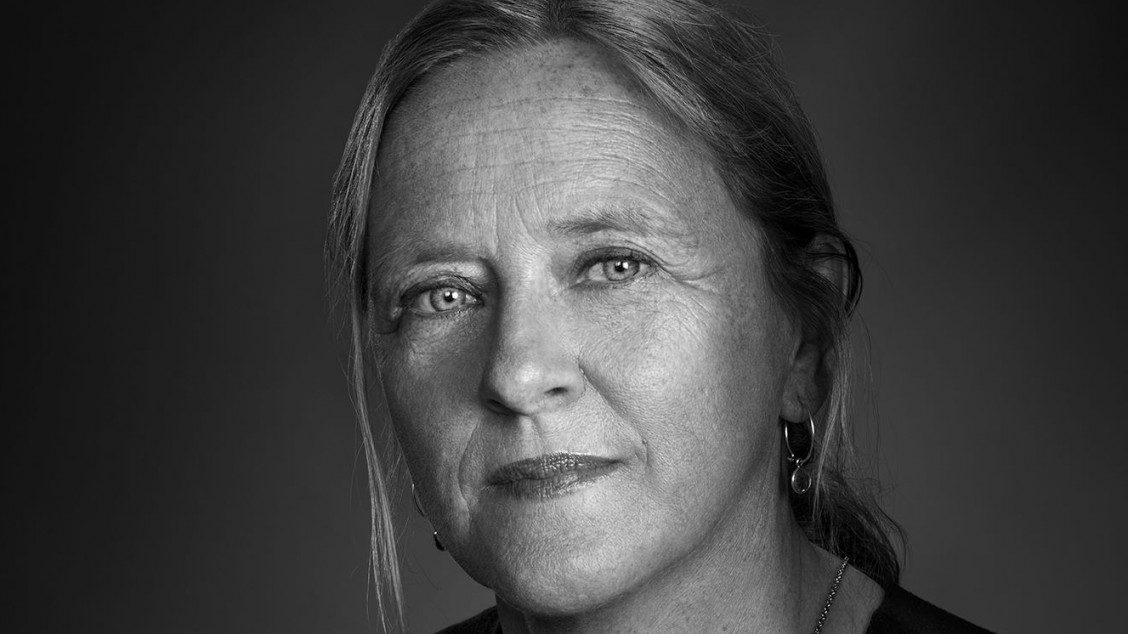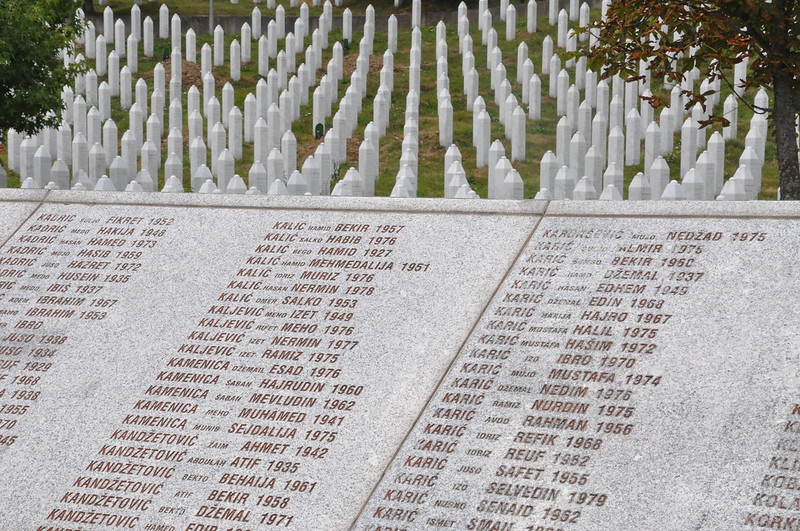Alicia Ely Yamin and Ole F. Norheim (2020)
Bill of Health blog, Harvard Law School
There is a notable silence as to one of the most critical decisions that almost every society will face during the COVID-19 pandemic: rationing scarce health care resources and access to care. The failure to engage directly with the most difficult questions of tradeoffs implies that “human rights-based approaches” and mantras invoking a “right to […]
Check out this new publication by Rebecca Schiel, Malcolm Langford, Bruce Wilson– an output of LawTransform’s project Elevating water rights to human rights: Has it strengthened marginalized peoples’ claim for water?. States are urged frequently by the UN, policymakers, and activists to recognise the human right to water domestically. However, does such legal incorporation, often […]
Marit Skivenes, Anne-Dorthe Hestbæk, Ingrid Höjer og Tarja Pösö (2020)
Children and Youth Services Review
Stort behov for en gjennomgang av spedbarns rettigheter i de nordiske velferdsstatene. Professor Marit Skivenes har nylig publisert en artikkel i tidsskriftet Children and Youth Services Review sammen med Anne-Dorthe Hestbæk, Ingrid Höjer og Tarja Pösö. Artikkelen undersøker status for spedbarns rettigheter i Danmark, Finland, Norge og Sverige når de blir plassert utenfor hjemmet. Forfatterne bemerker […]
Kenneth Burns, Katrin Kriz, Jenny Krutzinna, Katre Luhamaa, Thomas Meysen, Tarja Pösö, Sagrario Segado, Marit Skivenes & June Thoburn (2019)
European Journal of Comparative Law and Governance.
NEW ARTICLE: Decisions about terminating parental rights to ensure an adoption from care are not accountable, finds new analysis. All European countries provide a legal opportunity to terminate parental rights and place a child for adoption without parents’ consent. The child’s best interests principle is the foundation for these decisions. This principle is immensely difficult […]
Lise Rakner (2019)
Rakner, L. (2019). "Den gode «fiende»: Fra flyktninger til seksuelle minoriteter". Agenda Magasin, 09.04.2019.
Hvorfor kjører Polens nasjonal-konservative regjeringsparti LHBT-motstand som viktigste valgkamptema foran Europaparlamentsvalget i mai? Under slagordet «Ikke rør barna» har regjeringspartiet «Lov og rettferdighetspartiet» (PiS) i Polen kritisert forslaget til seksualundervisning i skolen. Det er utviklet av Verdens Helseorganisasjon (WHO), og godkjent i landets hovedstad, Warszawa. PiS sterke mann, Jaroslaw Kaczynski, har valgt å gjøre LHBT-spørsmål […]
Anna Gopsill (2019)
Public Anthropologist
Anna Gopsill, PhD candidate, University of London and Communications Assistant, CMI, has recently published a blog “An Ideal Direction? The Nobel Prize to Peter Handke” in the Public Antropologist. The Nobel Prize for Literature 2019 was awarded to the Austrian Peter Handke for “an influential work that with linguistic ingenuity has explored the periphery and […]
Prof. Marit Skivenes (2019)
Norge ble nylig dømt i Den europeiske menneskerettighetsdomstolens storkammer i en sak om omsorgsovertagelse og tvangsadopsjon av et barn. Professor Marit Skivenes har analysert dommen, og sett på hvilke implikasjoner den kan få for barns rettigheter. Kommentaren er publisert i Strasbourg Observer.
Lise Rakner (2019)
Rakner, L. (2018). "Democratic Rollback in Africa". In: Cheeseman, N. (2019). The Oxford Encyclopedia of African Politics. Oxford University Press.
There is a global trend of democratic retrenchment across the world, in both new and more established democracies. The African continent is part of the trend, although there are distinct regional variances on the continent. Yet, despite democratic gains in some states and along some dimensions of democratic rights, the overall trend is that the […]
Siri Gloppen, Lise Rakner (2019)
Bergen: Chr. Michelsen Institute (CMI Brief no. 2019:05) 4 p.
Siri Gloppen and Lise Rakner have written a brief as part of the ‘Political determinants of sexual and reproductive health: criminalisation, health impacts and game changers’ and ‘Sexual and reproductive rights: global battles’ projects. Why did Poland’s conservative government, the Law and Justice Party, launch an attack on the rights of lesbian, gay, bisexual and […]
Camila Gianella, M. Amalia Pesantes, Cesar Ugarte-Gil, David A.J. Moore and Claudia Lema (2019)
Camila Gianella, M. Amalia Pesantes, Cesar Ugarte-Gil, David A.J. Moore and Claudia Lema’s article has been published in International Journal for Equity in Health. Access the full article here. Background: In 2014 the World Health Organization (WHO) launched the “End TB Strategy”, setting new ambitious goals for elimination of tuberculosis (TB). In contrast with previous efforts to […]




